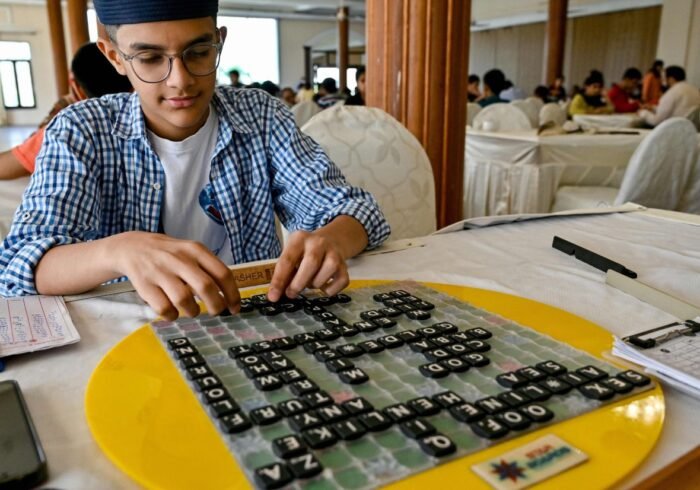Leader of the Opposition in the National Assembly and senior PTI figure, Omar Ayub, has voiced concerns over the treatment of former Prime Minister Imran Khan, stating that he is the only ex-premier in Pakistan’s history to be tried while in jail rather than in an open court.
Speaking to reporters outside Islamabad’s Judicial Complex, Omar Ayub revealed that he had been invited by the Chief Justice for a meeting in his official capacity as Opposition Leader. Before attending, he sought approval from Imran Khan on three separate occasions. Upon receiving Khan’s consent, PTI formally presented its agenda to the Chief Justice, primarily emphasizing human rights violations, judicial independence, and much-needed reforms in the legal system.
Ayub strongly criticized the authorities for denying Imran Khan and his wife, Bushra Bibi, their fundamental rights. He alleged that neither he nor their sons had been allowed to meet them, calling it an unjust and unprecedented restriction. He further highlighted the discriminatory treatment, pointing out that while other former prime ministers had been given the right to public trials, Imran Khan alone was being forced to face legal proceedings behind bars.
In addition to these concerns, Omar Ayub condemned the alleged crackdown on PTI members and supporters. He accused the government of orchestrating police brutality against PTI workers and creating a hostile environment for party leaders across multiple provinces, including Punjab, Islamabad, Sindh, and Balochistan. He argued that the widespread harassment was an attempt to suppress political opposition and prevent PTI from effectively engaging in democratic processes.
Meanwhile, the Islamabad Anti-Terrorism Court (ATC) conducted a hearing concerning nine cases filed against Omar Ayub. The proceedings were overseen by ATC Judge Abul Hasanat Zulqarnain.
During the session, the defense team requested an adjournment, citing the absence of senior counsel Dr. Babar Awan. The court accepted the request and subsequently rescheduled the hearing for April 10, allowing time for legal representation to be present at the next session.





